- How To Tackle Jealousy In Creative Writing
- Common Submission Mistakes
- How To Stop Your Blog Becoming Boring
- The One Thing Every Successful Writer Has In Common
- How To Make Yourself Aware Of Publishing Scams
- Why Almost ALL Writers Make These Grammar Mistakes At Some Point
- 5 Tips For Authors On How To Deal With Rejection
- Top Mistakes to Avoid When Writing a Novel
- How to Avoid Common New Writer Mistakes
- 10 Mistakes New Fiction Writers Make
The Advantages And Disadvantages Of Working With A Small Publisher
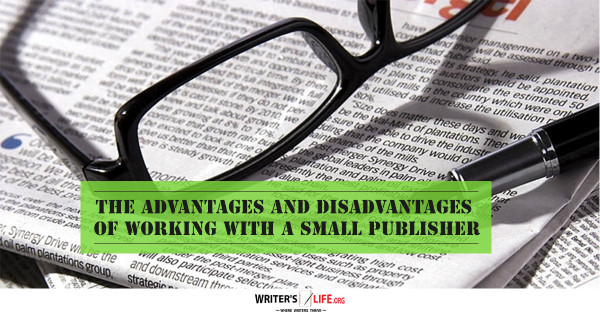
As a writer it can difficult to know what is best to do with a finished piece of work. You could try to find an agent to represent you and it, you could self publish, or you could simply contact all the big publishers and try to land yourself with an amazing book deal. There is however another option which perhaps isn’t as frequently considered as the others, and that is working with a small publisher.
Small publishing houses should not be overlooked when trying to sell your work, build up a fan base, and make a decent living at the same time. While it may always have been a dream to be published by a world famous book publisher, there are in fact many reputable small publishers, who perhaps can offer you something better.
So what are the pros and cons of publishing with a small publisher, and if you do decide this is the right route for you, what can you hope to achieve?
If you decide to submit your work to the small press your chances of being accepted are higher. Many of the larger publishers these days do not in fact accept work at all, unless it comes directly from an agent. Aside from this larger publishers prefer to stick to tried and tested literature - i.e. books that they know will sell well. They have demanding sales targets to meet and therefore may be less willing to take a risk on something based on its artistic merit, preferring to stick to authors that are already known and whose work has already proven to be commercially viable.
Small publishers are happy to keep marketing their authors books for years after they have been released. They don’t expect a book to become an overnight sensation or even sell in huge numbers. They adopt a more ‘slowly but surely’ approach, and while they would be pleased if your book sold in great numbers, will also be happy for it to quietly tick over and make their money that way.
With a small publisher you might be required to do more of the marketing yourself. Where larger publishers have huge budgets for this kind of thing, smaller ones do not. So if you wanted to promote yourself by going on a book tour for example, much of the planning and organisation, as well as the funding for this would have to be done by you. Advances are often very small too so you won’t be making your living that way, however if your advances are paid against royalties (which is standard) you will earn money from sales a lot sooner than you would with a big advance from a larger publishing house.
Working with a smaller publisher also is likely to give the author greater control over the editing and publishing process. If you have very specific thoughts on a cover for example, a smaller publisher is likely to try and accommodate these. A larger one has entire departments dedicated to design and therefore will not accept input from the author.
So if you are an unknown author who is looking to get your foot in the door and develop your success slowly, going with a small publisher might be right for you. Particularly if you have written something highly unusual or that pushes at boundaries, this may be the best place to find a publisher who is willing to take a risk on you. How many copies you sell of course depends on many factors, but by working with your publisher and editor, and all of you collectively investing time and energy into your work you could become very successful, and when the royalties start rolling in, you’l be glad you went with this deal.




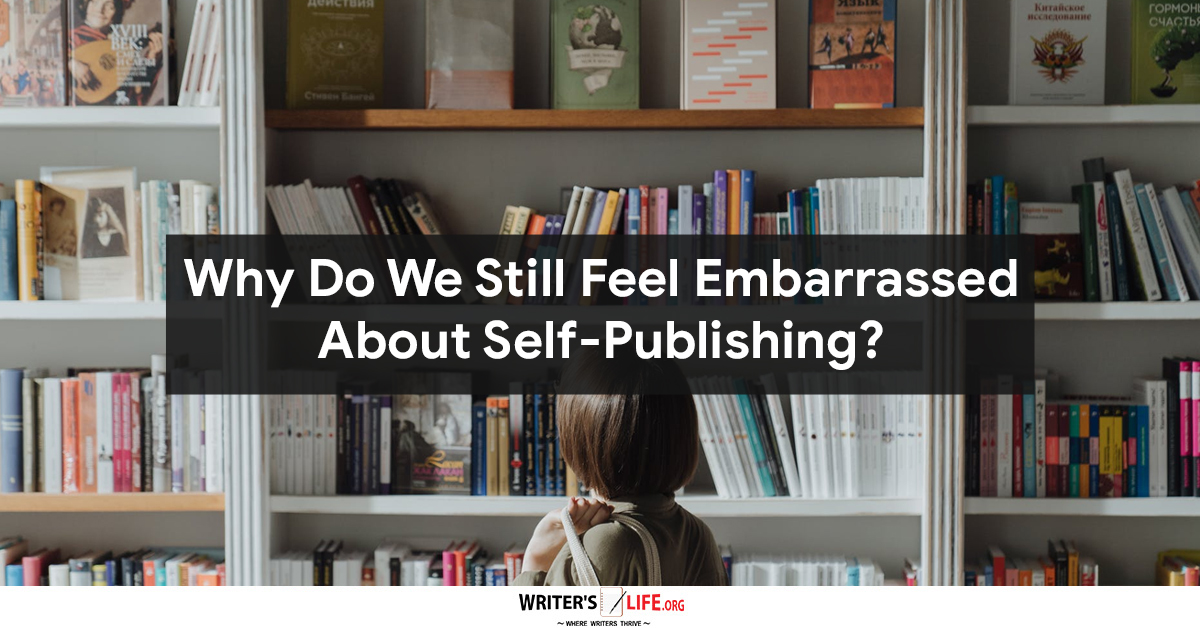
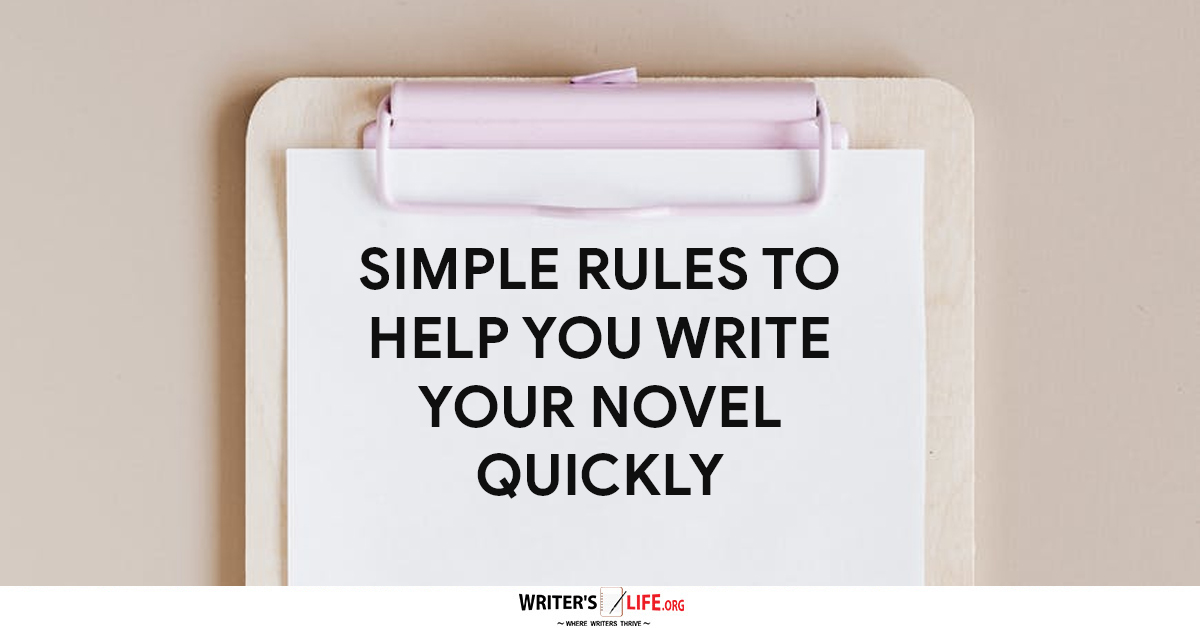














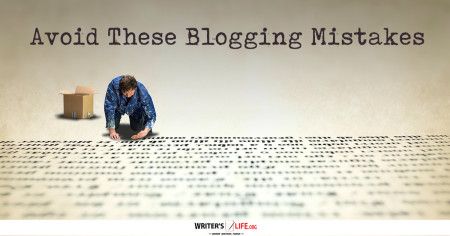
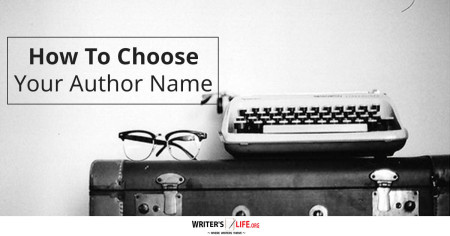

One Comment